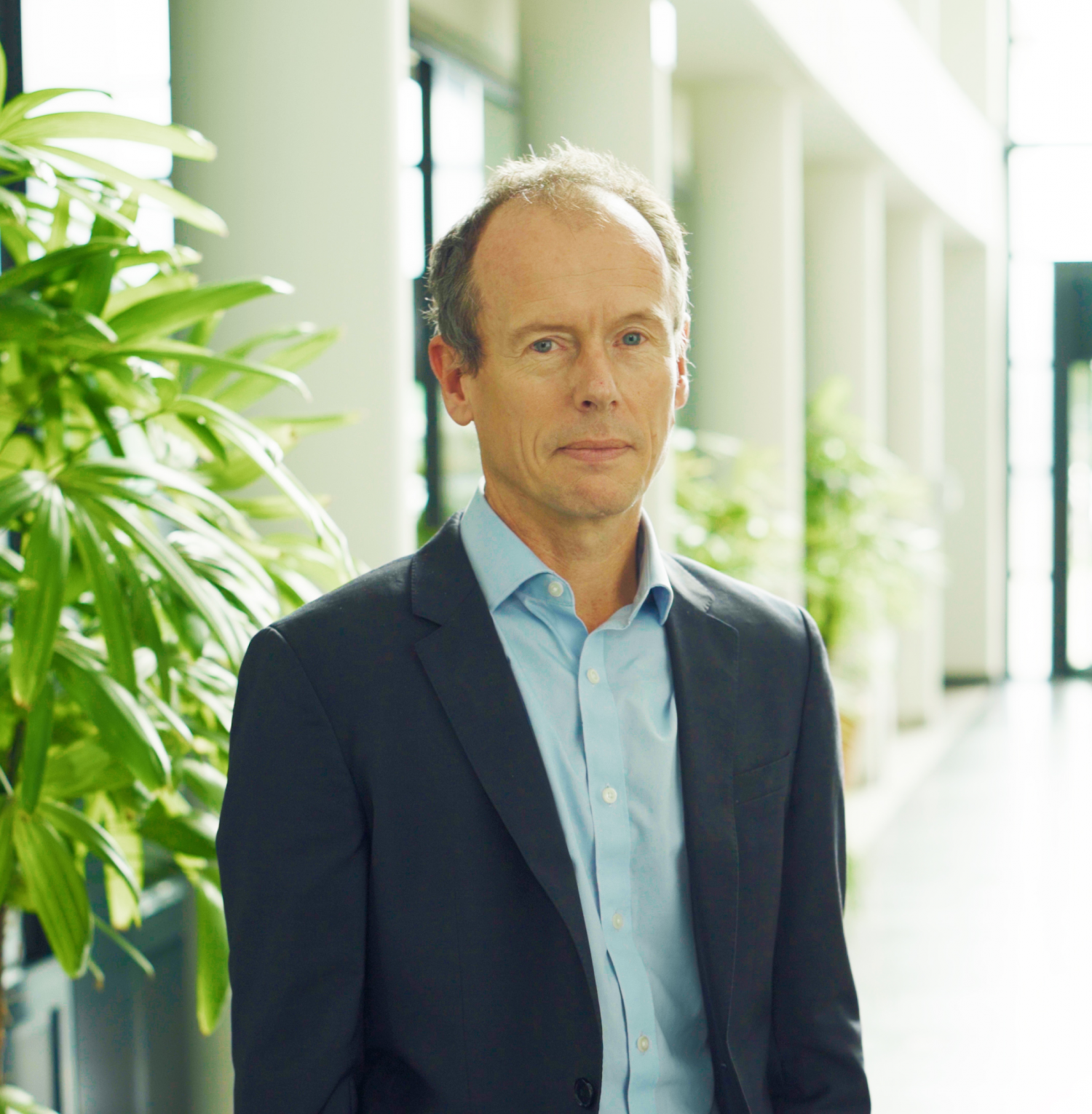Every year, ExxonMobil and JA Europe host the Sci-Tech challenge, to inspire students across Europe to use their science, technology, engineering and mathematics (STEM) skills to tackle some of society’s biggest challenges.
This year, students were asked to come up with ideas for how to reduce waste at the 2024 Olympic games in Paris. Participants from Belgium, Cyprus, Hungary, the Netherlands and the Czech Republic met in Brussels over two days; forming new teams on arrival to collaborate and compete in groups who had never worked together before.
The jury, which included representatives of ExxonMobil, the European Commission, and the packaging industry, highlighted the impressive solutions presented by the teams. Jury chairman Nikolaas Baeckelmans, VP, EU affairs at ExxonMobil, commended the winning team on its “innovative, applicable, realistic and feasible” concept. The winning proposal deployed artificial intelligence (AI) for waste collection, “using the Olympics to showcase solutions that could be implemented at large-scale events around the world”, Nikolaas added.
“I’ve learned many, many things,” explained Nikolaos, a member of the team who came up with the winning proposal. “To hear out my teammates, embrace their ideas and be passionate about what we’re doing. I think teamwork is the most important thing the Sci-Tech Challenge has to offer.”
“You can’t just come up with a regular solution, you have to think outside the box, and it stimulates your creativity,” said Sarah, a Sci-Tech Challenge competitor.
Diana Filip, deputy CEO of Junior Achievement (JA) Europe, explained that in the 14 years her organization has collaborated with ExxonMobil on the Sci-Tech Challenge, it has had “a tremendous impact on young people”. Since 2009, more than 56,300 students have participated in the challenge, which aims to inspire students to both study and consider a future career in STEM.
Find out more about this year’s competition from some of the participants in the film below:
For regular updates on how ExxonMobil is using science and technology to reduce emissions, subscribe to our newsletter here.


